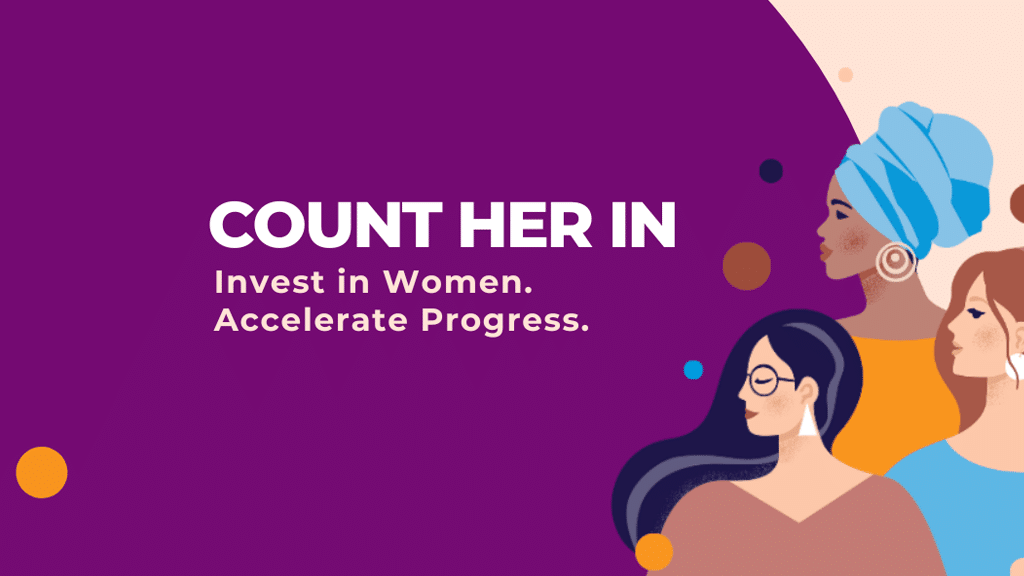In addressing the profound challenges faced by our most vulnerable children and young people, relying on high-cost emergency accommodations (HCEA’s) such as hotels and motels is not just economically taxing—it…
The Invisible Work of Female Carers: Addressing Economic Disadvantages

by Dr Lisa J. Griffiths, OzChild Chief Executive Officer
Let’s celebrate International Women’s Day and be proud of the strides made within the child and family welfare sector in promoting inclusivity and equality, but we must not ignore the inequities faced by female caregivers across the nation.
Every single day, we are surrounded by the incredible achievements of our colleagues, carers, and peers. Women of all backgrounds are challenging gender stereotypes, achieving and advocating for better outcomes for children and young people and making a positive difference for women everywhere, not being afraid to let their voices be heard.
However the voices of female caregivers who predominantly volunteer their time and resources, such as foster and kinship carers, often go unheard.
This International Women’s Day we are reminded of the critical need to invest in women to ensure greater economic inclusion for women and girls everywhere. When women are given equal opportunities to learn, earn and lead, entire communities thrive. This could not be truer when we think about achieving equity for female carers.
Achieving equity for female foster and kinship carers is not only a matter of social justice but also a pragmatic investment in the welfare of the children and young people they are caring for. By addressing the economic disadvantages faced by these caregivers, we can create a more sustainable and equitable care system that prioritises the well-being of all involved.
Yet, female carers, who predominantly volunteer their time and resources find themselves navigating a landscape where their contributions are undervalued and their economic stability compromised.
To truly inspire inclusion within the out-of-home care system, concerted efforts must be made to address the economic disparities faced by female caregivers. We must invest in women.
Unlike traditional employment roles, caring offers little to no financial compensation. Many are forced to make significant sacrifices, including limiting their participation in the workforce to accommodate the demands of fostering.
While the altruistic nature of volunteer caring is commendable, it should not serve as an excuse for perpetuating economic disparities, especially along gender lines.
In the realm of foster and kinship care, the selfless dedication of caregivers is often celebrated, yet the systemic inequities they face remain largely unaddressed. Particularly striking is the disparity experienced by female carers, who overwhelmingly shoulder the responsibilities of nurturing vulnerable children and young people. This gendered imbalance extends far beyond the emotional and logistical realms, permeating into economic domains such as income earning potential, superannuation, holiday pay, and sick leave. It’s time to acknowledge and rectify these injustices.
One of the most glaring issues is the lack of income earning potential for female foster carers. Many women are forced to forgo or limit their participation in the workforce to accommodate the demands of fostering, resulting in diminished career prospects and reduced earning capacity. This sacrifice not only impacts their current financial well-being but also jeopardises their long-term financial security, as time spent out of the workforce translate to lower superannuation contributions and diminished retirement savings.
Moreover, the absence of benefits such as holiday pay and sick leave further exacerbates the financial strain on female foster carers. While their counterparts in traditional employment enjoy these protections, foster carers are left to navigate the uncertainties of caregiving without adequate support. This not only undermines their financial stability but also perpetuates a cycle of dependence and vulnerability.
Addressing these systemic inequities requires a multifaceted approach. Firstly, there must be greater recognition and remuneration for the invaluable work performed by female foster carers. This could take the form of financial subsidies, tax incentives, or allowances that reflect the true cost of fostering.
In essence, caregivers essentially serve as employees of the government, caring for some of our country’s most vulnerable children, children government departments deem unable to safely live with their own parents, so incorporating foster caring within established employment structures appears rational, guaranteeing caregivers access to essential benefits like retirement funds, vacation pay, and sick leave.
So, this International Women’s Day, I will celebrate how far we’ve come and encourage you to do so too, while also committing ourselves to the ongoing work of dismantling barriers and fostering true inclusion for all women.
It’s time to recognise the invaluable contributions of female carers and provide them with the support and recognition they deserve. It’s time to #CountHerIn.

Dr Lisa J. Griffiths is the Chief Executive Officer at OzChild, Victoria’s longest-running child welfare organisation and Australia’s largest provider of evidence-based programs in child protection, family violence and youth justice.
Lisa has a Doctor of Business Leadership, researching evidence-based ethical leadership models for the community services sector and teaches the principles of Evidence-Based Leadership across Australia.
Sign up to the OzChild mailing list
Stay up to date with the latest news and events.
Choose your region
Select your region to create an enhanced and personal experience.
